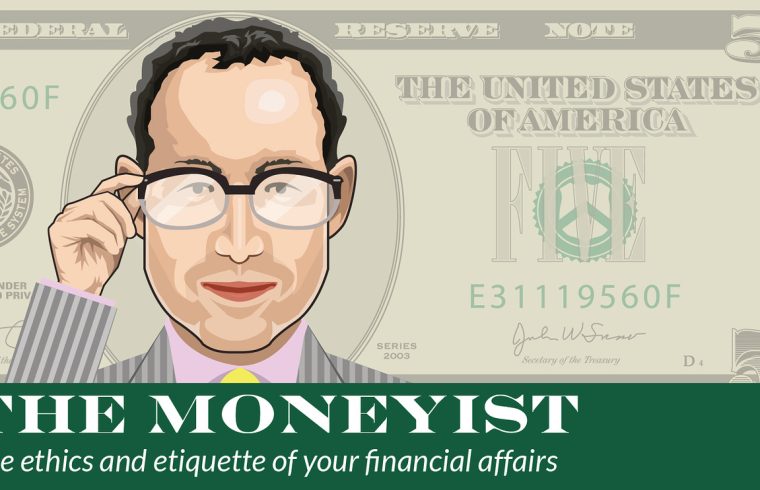
Dear Moneyist,
Twenty-five years ago, I was renting a duplex home and I was experiencing economic hardship. While waiting for Section 8 to help cover two months’ rent, I kept paying what I could.
I was also a single mother of two children with child support that was missed by the father. The manager at the time was not very patient and decided to evict me from there.
I spoke with the owner of the duplex at the time about my hardship. I was given a waiver from her, but there was no letter or note to state that. Three months later Section 8 came through. It was too late by then, and I had moved on.
Fast forward to 25 years later. The owner has a little black book and demands that I pay her back the debt that was supposedly waived years ago. She wants $ 1,700 from me today. So I am left with the question: What should I do?
Pay it or Dispute It
You can email The Moneyist with any financial and ethical questions related to coronavirus at [email protected]
Dear Pay or Dispute,
You are under no legal obligation to dispute it. The statute of limitations on personal debts typically expires somewhere between three and 10 years, depending on the state and circumstances of the loan. You did not obtain a written waiver on your rent as you waited for Section 8 rental assistance, so you technically still owed the debt in the eyes of the law at the time, unless you could have convinced a court that there was an oral agreement.
I have a few questions for you, although my answer remains the same. Did the landlord receive your Section 8 rental assistance at the time, even though you moved out? Or did you move out leaving those two weeks completely unpaid? That will affect the amount of money that the landlord has a right to ask you for (as opposed to a right to demand that you pay under the law). Your financial hardship must have been difficult, but it should not alter the facts of this case.
There’s a possibility that if the Section 8 subsidy “went through,†the landlord could have received the subsidized share of the rent for the period of time that you were a leased tenant. I would also be skeptical that the landlord didn’t write off the debt owed during this 25-year period. Meanwhile, both you and your former landlord probably don’t have the documents to prove much of anything — so if this advances to a legal case, the outcome probably depends on whether you lived in a state or municipality with laws more favorable to tenants or landlords.
With that said, we don’t know what kind of financial hardship the landlord is experiencing, especially with the COVID-19 pandemic, so it would not hurt to have compassion on that basis now. Assuming you are in a position to pay the landlord this money and you lived in their building rent-free for two months despite the terms of your lease, I would nudge you toward paying the $ 1,700. It will clear the slate with the landlord. But perhaps more importantly, it will also clear the slate with yourself.
The Moneyist: ‘My husband told me that my $ 1,400 stimulus check will be spent on aluminum siding on our home.’ What can I do?
Hello there, MarketWatchers. Check out the Moneyist private Facebook FB,
By submitting your story to Dow Jones & Company, the publisher of MarketWatch, you understand and agree that we may use your story, or versions of it, in all media and platforms, including via third parties.






